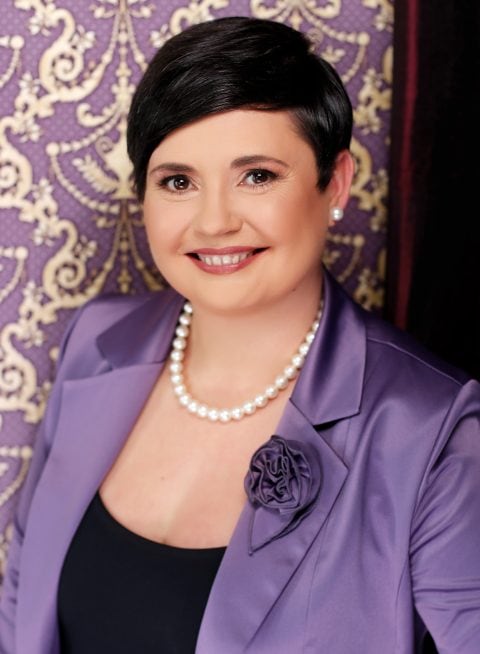Many things aren’t as professional as they could be in the Czech PR. Yet, one thing goes constantly beyond the limit – the issue of article authorization prior to publication. Today it culminated with the news on the firing of Pavla Kopecka, spokeswoman of the Czech Ministry of Interior, because she failed to secure authorization for an interview given by police chief Petr Lessy to the daily Pravo prior to publication.
The outcome went apparently bad, fueling political tensions between Lessy and Jan Kubice, the minister of interior. While both Lessy and Kubice are still in office, Kopecka had to leave in shame for doing her job. And that’s very wrong.
No normal journalist who respects himself and his profession would ever agree to provide a source with authorization prior to publishing an article. The fact that authorization is a common practice in the Czech Republic comes, in my view, from the conflict-avoiding nature of local reporters, topped in many cases by passing responsibility onto sources or by sheer laziness to check facts by themselves. But authorization is not common everywhere, and is not all right. You don’t ask your surgeon to see the outcome of your belly surgery prior to closing the wound; that’s because you trust your surgeon and you think he knows what he’s doing. Many would argue that the level of professionalism of Czech reporters has gone brutally down for the last few years, and that’s the reason why authorization is needed. Usually, this is nothing but a poor excuse coming from a PR advisor who either didn’t brief the client properly prior to the media encounter, or didn’t bother to gain enough authority with the client so that the client would take his advice seriously. Whenever a CEO or a PR advisor comes with a demand to see an article prior to publication, usually it says something about their level of professionalism. It says: stay away from such people.
It’s a matter of pride
As a company leader, you don’t ask for authorization when you believe in what you say and you know it’s the truth. As a reporter, you don’t provide authorization when you know you do your job well. It’s a matter of pride. Authorization is nothing but the manifestation of a biased relationship where everyone massages everyone else’s shoulders, reporters pretend they have some content and CEOs pretend they have media coverage, when in fact we are talking about hidden advertising. And that’s very wrong. Here is the reason: when people stop believing in the truth of the media, they won’t buy it anymore, and when they don’t buy it, the medium goes bust and you, dear CEOs, won’t have a channel to carry your words, good or bad, to the public next time you want to talk. This is the reason why in 2009 we forbade authorizations at Czech Business Weekly, in an attempt to make reporters responsible for their work and sources responsible for what came out of their mouth.
I don’t know why Pavla Kopecka didn’t secure authorization for Lessy’s interview. If this was because the Pravo reporter declined to provide her with authorization, my respect goes to the journalist. If she didn’t secure it because she didn’t ask for it and she trusted that her boss knew what he was doing, my respect goes to her. Most probably Lessy knew what he was doing, and Kopecka fell in the middle of a dirty political war. With her firing on account of not securing an interview authorization prior to publication the professionality of the Czech PR industry got a big kick in the back. I am curious about the reaction of professional bodies like APRA and the PR Klub to this situation. Because it is not interview authorization or the lack of it that is responsible for the untrustworthy image of the leaders at the Ministry of Interior; it’s because they communicate poorly, arrogantly, unpredictably and let themselves driven by big egos and hidden political agendas.


